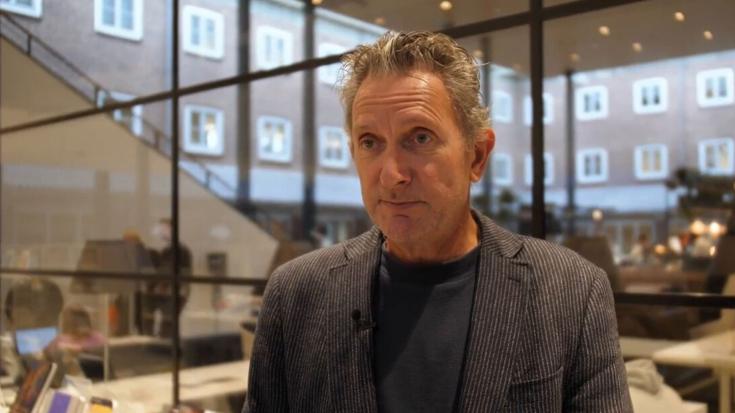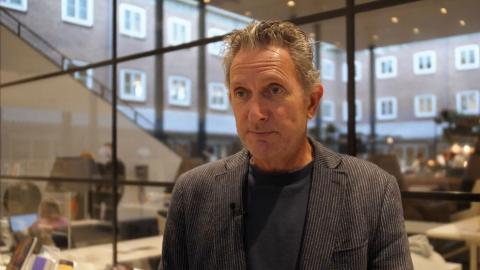Leading the Way: BUAS’s Vision for Sustainable Tourism
Breda University of Applied Sciences (BUAS) has long been at the forefront of tourism education and research, expanding its reach into cutting-edge fields like hospitality, AI, data science, logistics, and urban planning. In this exclusive interview, Eugenio Van Maanen, senior researcher and lecturer at BUAS, offers valuable insights into the university’s pivotal role in shaping the future of sustainable tourism.
“Tourism was our starting point six decades ago, and we’ve now evolved to focus more on tourism’s broader societal impacts,” Van Maanen said.
Read on for the full interview with Eugenio Van Maanen, where he delves deeper into BUAS’s initiatives and the impact of the Tourism in Balance (TIB) project.
How has tourism as a focus shaped the university’s expertise and research over the years?
We were pioneers in higher education and research on tourism topics, starting with destination management and tourism development. Nowadays, the focus is on tourism’s societal impacts, reflecting changes in the field over the last 30–40 years in a broader way.
Why did BUAS become the lead partner for the Tourism in Balance project?
The last two decades saw rapid growth in international travel, bringing challenges like overtourism. COVID-19 emphasized the need for sustainable tourism policies, showing how quickly tourist numbers can drastically drop. With our expertise, we aim to address these challenges and develop strategies for sustainable tourism growth.
How did you choose the project partners, and what do they contribute?
We sought partners facing overtourism challenges and those with complementary expertise or issues. The consortium includes six European regions. Rome, for instance, is bringing in knowledge and expertise in the field of sustainable mobility, Amsterdam, on marketing and promotion, and Brasov, in data management. The project emphasizes knowledge exchange and collaboration to address overtourism effectively.
What outcomes does BUAS expect from this project?
A key goal is identifying and exchanging best practices. One example of this is Amsterdam’s strategy to rebrand and redistribute tourists, such as promoting “Amsterdam Beach” or “Amsterdam Castle.” Success will be measured by how effectively these practices are shared and implemented across the partners.
How will this project benefit BUAS and its Tourism Academy?
Being the lead partner strengthens our network and enriches our education through knowledge exchange. Insights from the project will inform future research and teaching, creating a win-win. As the project progresses, we aim to see partners adopt best practices and achieve lasting improvements in their regions.

